The impact of climate change is already being felt, experts say
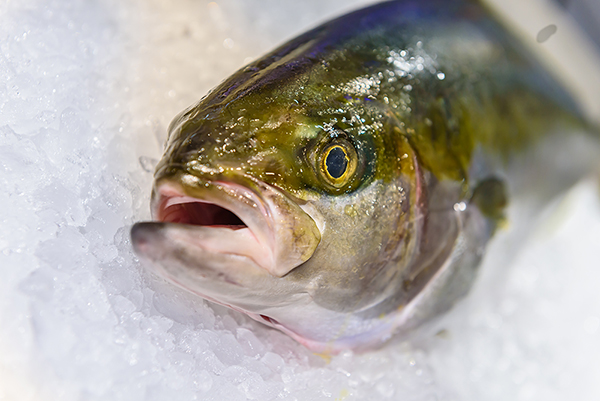
The topic of climate action will be a priority at this year’s fish international – Germany’s only trade fair for fish and seafood.
Held every two years, the event attracts more than 300 suppliers from around the world and 10,000 visitors from the fish industry, fish wholesalers, food retailers and the hospitality industry.
The event, which will take place from September 4-6 at MESSE BREMEN, will examine climate protection from various perspectives through presentations and discussions, reflecting that the impact of climate change is rippling throughout the seafood industry.
“Climate change is not an abstract construct – it has already arrived on our doorstep and is affecting fish stocks in the North and Baltic Seas,” wrote the event’s organizers in a press release. “But this is not the only reason why climate protection is the order of the day and an important topic for the fishing industry: Anyone who invests in climate protection in their own company can possibly reduce their operating costs – and also send important signals to their customers.”
Research shows that the North Sea and Baltic Seas are warming. Since the 1980s, the average annual temperature of the water off Germany’s coasts has increased by up to 2 degrees-C, and the effects are already felt being felt.
“For example, cod in the North Sea, which are accustomed to colder water, are migrating north,” said Dr. Gerd Kraus, marine biologist and head of the Thünen Institute of Sea Fisheries in Bremerhaven. “Species that tend to prefer warmer waters, such as squid, sardines and anchovies, or mullet, are moving in from the south.”
According to Kraus, the consequences in the Baltic Sea, which is largely enclosed by land, are even more serious: “Fish such as cod cannot move further north there, productivity decreases and stocks decline.”
As a result, climate change is altering the fishing industry. Kraus said that North Sea fishermen may still find new species of commercial fish to replace those that are increasingly migrating. But simply following the old species may not be possible: they are also moving into the waters of other fishing nations, such as Norway and Iceland, which are asserting their fishing rights in the 200-nautical-mile zones.
“The tried and tested European system of relative stability of fishing quotas may thus be undermined,” warned Kraus, who said the development is even more dramatic in the Baltic Sea. “There, there are currently such drastic cuts in the herring stock in the western Baltic that many businesses are being deprived of their economic basis.”
With these gradual but noticeable changes, business partners and consumers increasingly expect information from food manufacturers about the climate impact of their products. The desire for climate action is also growing within the fishing industry.
“Those responsible in small and medium-sized enterprises, in particular, are asking themselves what they can do in practical terms to protect the climate,” said Sabine Wedell, MESSE BREMEN project manager for fish international.
With these climate change realities, Wedell said that the topic is getting “a lot of space in the program” and has “attracted renowned speakers for presentations and discussions.”
See the fish international full program here.
Follow the Advocate on Twitter @GSA_Advocate
Now that you've reached the end of the article ...
… please consider supporting GSA’s mission to advance responsible seafood practices through education, advocacy and third-party assurances. The Advocate aims to document the evolution of responsible seafood practices and share the expansive knowledge of our vast network of contributors.
By becoming a Global Seafood Alliance member, you’re ensuring that all of the pre-competitive work we do through member benefits, resources and events can continue. Individual membership costs just $50 a year.
Not a GSA member? Join us.
Author
Tagged With
Related Posts
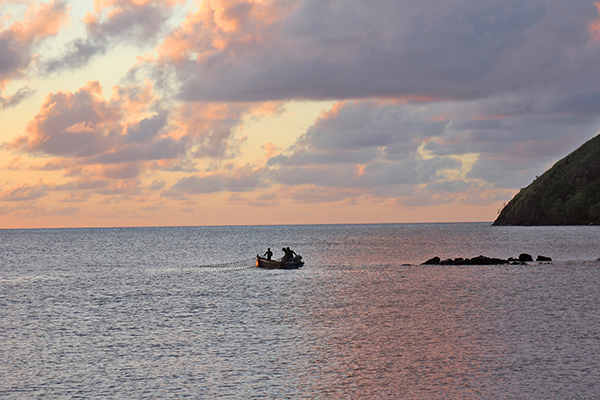
Fisheries
Study: Climate change is likely ‘suffocating’ the world’s fisheries
A new study indicates the ocean is losing oxygen due to climate change, greatly affecting fisheries and other marine resources.
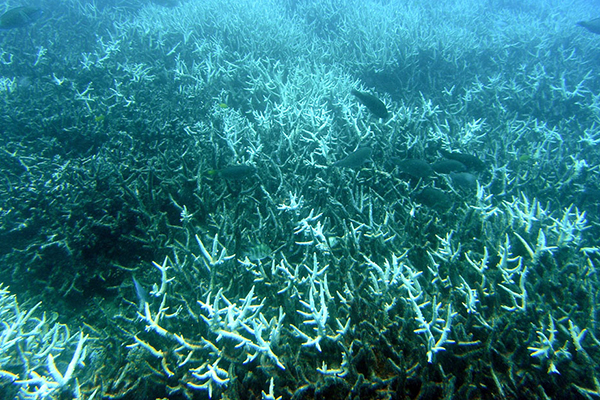
Responsibility
Study: 2021 breaks record for hottest ocean temperature
New research shows the ocean temperature in 2021 was the hottest ever recorded by humans, and the effects of ocean warming are "far-reaching."
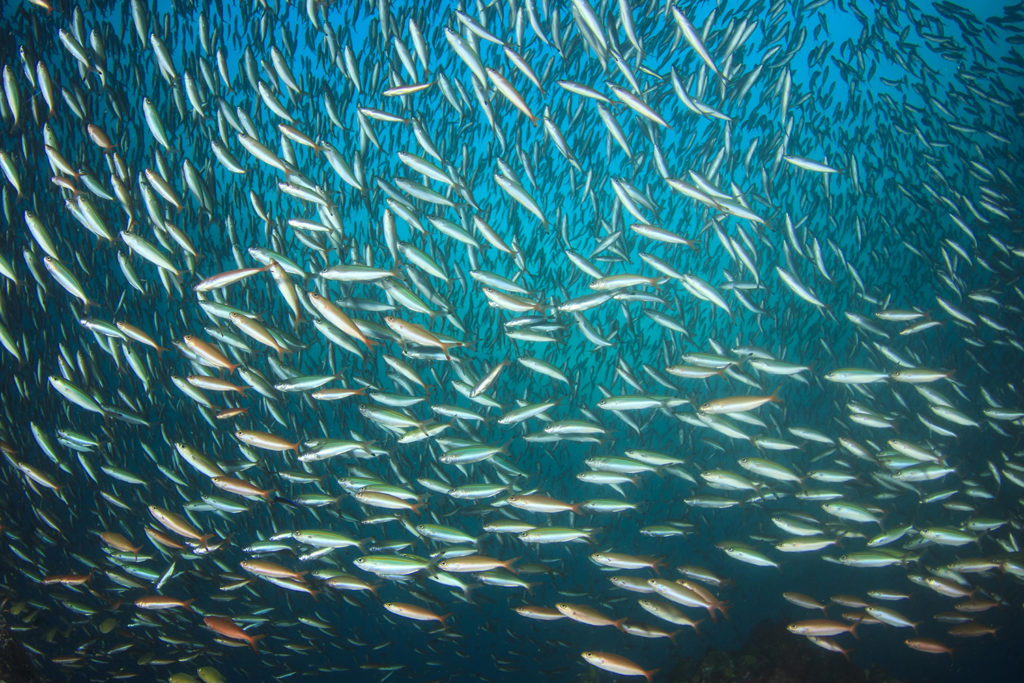
Responsibility
Study: Climate change will shuffle marine ecosystems in unexpected ways as ocean temperature warms
A study found that, as the ocean temperature warms, fish will continue to exist in certain areas but are not likely to be as abundant.
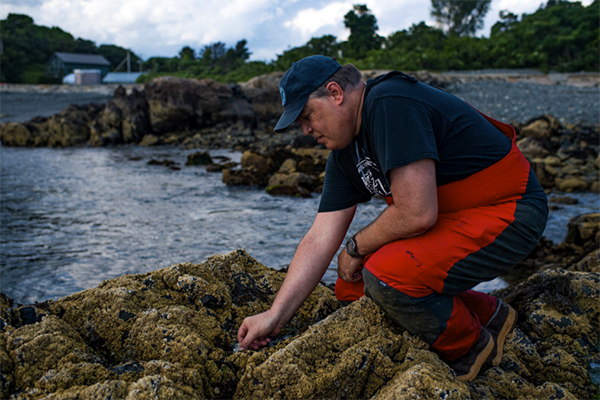
Responsibility
Study: COVID-19 disrupted fish farming, but not as much as climate change
According to a new global study of fish farms, the impact of the COVID-19 pandemic hasn’t been as damaging as climate change.



